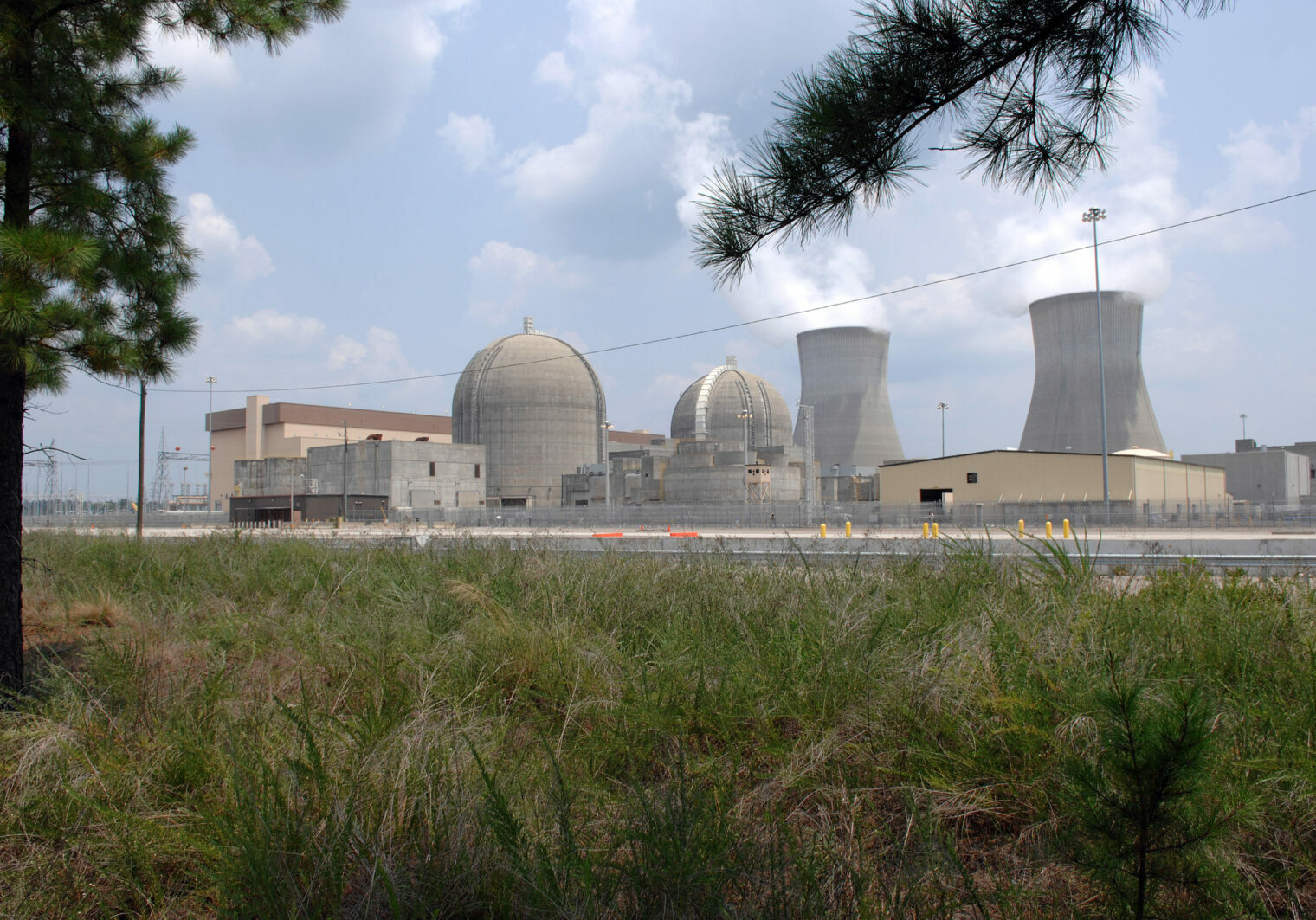Relicensing U.S. commercial nuclear power stations

The “bridge to the future” for the US commercial nuclear power industry is now less apparent in new reactor construction than it is through the federal government’s ramping up of a license renewal program for existing reactors. License renewal is overseen by the US Nuclear Regulatory Commission (NRC).
The original operating license for US nuclear power stations was issued for a period of 0 to 40-years by the Atomic Energy Commission (AEC) until it was abolished by Congress in 1974 and replaced by the NRC on January 19, 1975.
The number of aging nuclear power reactors whose operating licenses are still limited to a 40-year operating period is dwindling;
Clinton [IL] (40-year license expires 09/29/2026) (renew application Jan. to Mar. 2024)
Comanche Peak 1 [TX] (40-year license expires 02/08/2030) (renew application Oct. to Dec. 2022)
Comanche Peak 2 [TX] (40-year license expires 02/02/2033) (renewal application Oct. to Dec. 2022)
Diablo Canyon 1 [CA] (40-year license expires 11/02/2024 and now scheduled to close)
Diablo Canyon 2 [CA] (40-year license expires 08/26/2025 and now scheduled to close)
Perry [OH] (40-year license expires 03/18/2026) (renew application July to Sept. 2023)
River Bend [LA] (40-year license expires 08/29/2025)
Waterford [LA] (40-year license expires 12/18/2024)
Watts Bar 1 [TN] (40-year license expires 11/09/2035)
Watts Bar 2 [TN] (40-year license expires 10/22/2055)
The bulk of the US reactor fleet is either approved for or operating within the “Initial” 20-year license renewal (40 to 60 years) period.
While US reactors are still operating within this first 20-year license extension, the nuclear industry was making application to the NRC and receiving approvals for a “Subsequent” 20-year license renewal (60 to 80 years) until appeals filed by Beyond Nuclear et al resulted in a set of February 24, 2022 landmark NRC Memos and Orders rescinding previously Commission and Atomic Safety Licensing Board approved license extensions and suspending all NRC staff reviews and acceptance of new applications in lieu of an extensive review and reset due to violations of NRC regulation and the National Environmental Policy Act (NEPA). See https://beyondnuclear.org/nrc-rescinds-reactor-license-extensions/
License extension does not assure that power reactors will remain operational. A range of factors are interceding such as financial pressure from uneconomical operations, a more competitive energy market increasingly dominated by renewable energy, mounting demand side management, accelerating age-related degradation in reactors and both political /regulatory decision making. As such, numerous reactors that received their initial 20-year operating license extension have instead permanently closed or announced early closure and reactors that received extreme license extensions have now been rescinded and suspended [See “Closed” reactors and https://beyondnuclear.org/nrc-rescinds-reactor-license-extensions/ ]
In January 2021, the NRC and the nuclear power industry initiated a series of public discussions to explore extending US reactor operations from 80 to 100 years. While no US utility expressed interest in pursuing the 80- to 100-year extension, stakeholder engagement at that time raised significant uncertainties and questions among industry, scientists and public interest groups, including Beyond Nuclear, indicating that the NRC was unprepared for regulatory policy-making to reliably extend reactor operations that far out into the future. Many of those same uncertainties and questions, particularly regarding “critical technical knowledge gaps,” persist for license extensions in general.
Support Beyond Nuclear
Help to ensure a safer, greener and more just world for all

